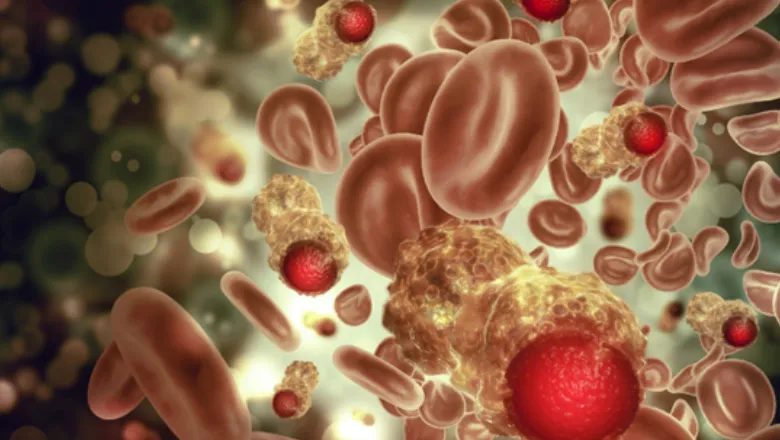From our very first studies into γδ T cells in the 1980s, through to demonstrating their unique activity in the presence of cancer, it’s been clear that these immune cells have enormous potential for the development of new immunotherapy treatments. I’m thrilled to see our research finally reaching patients and look forward to seeing how clinical trials progress.
Professor Adrian Hayday, from The School of Immunology & Microbial Sciences and co-founder of GammaDelta Therapeutics
20 May 2021
Researchers receive FDA approval for new blood cancer treatment
GammaDelta Therapeutics has received Investigational New Drug approval from the U.S. Food and Drug Administration (FDA) for the Company’s allogeneic variable delta 1 (Vδ1) gamma-delta (γδ) T cell therapy, GDX012, to be investigated as a treatment for blood cancers.

The FDA also granted orphan drug designation to allow the novel cell therapy to be trialled for the treatment of acute myeloid leukaemia (AML) in the United States.
The phase 1 trial is expected to begin later in 2021 as a multicentre study and will evaluate safety, tolerability and anti-leukemic activity of GDX012.
GammaDelta was co-founded by Professor Adrian Hayday and Oliver Nussbaumer of King’s and The Crick with support from life sciences investors Abingworth and Cancer Research Technology, the commercial arm of Cancer Research UK.
The company aims to exploit the unique activities of gamma delta (γδ) T cells that are found in the body's tissues where cancers and inflammatory diseases take hold. These distinct immune cells specifically recognise and are activated by molecular patterns of dysregulation associated with cancer.
GammaDelta has harnessed the activity of these cells to develop “off-the-shelf” cell therapies. The novel approach could lead to new immunotherapies for a broad range of cancers and auto-inflammatory diseases.
Dr. Paolo Paoletti, CEO of GammaDelta Therapeutics, commented: “The clearance of our IND application for GDX012 marks an important step for our company in establishing a portfolio of innovative allogeneic cell therapies. The unique properties of Vδ1 γδ T cells will be evaluated for the first time in a clinical study for patients with AML. This important milestone results from our efforts to establish a robust pipeline of cellular immunotherapies derived from our proprietary platforms and processes for the isolation and expansion of Vδ1 γδ T cells from both blood and tissues for targeting haematological malignancies and solid tumours.”

